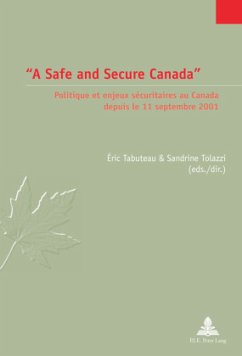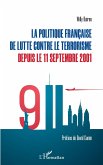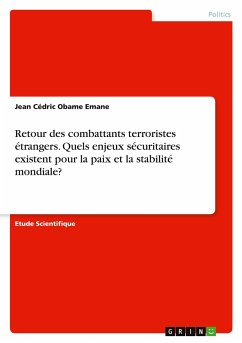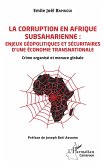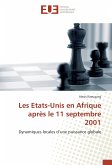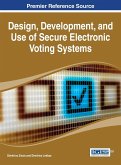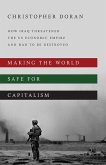One of the main priorities of Stephen Harper's government since it came to power in 2006 has been to preserve what it defines as "A Safe and Secure Canada." Thus, it has remained in line with the radical security measures adopted by his predecessor following the September 11 attacks, turning them into a central and sustained feature of the country's policy but also breaking up with the traditional representations of Canada as being less belligerent than its southern neighbour.
This volume, which has emerged from discussions held during the September 25, 2009 conference on Canada's "Security, Identity(ies) and Territory(ies)" (Université Stendhal - Grenoble 3), presents the thoughts of eight researchers from a wide variety of backgrounds and disciplines, who have reflected upon the consequences of Canada's security policy. Ten years after September 11, it attests to the issues that are still directly or indirectly linked to the attacks, but also to Canada's new areas of concernin terms of security.
Depuis son arrivée au pouvoir en 2006, l'une des priorités du gouvernement de Stephen Harper a été de préserver ce qu'il définit comme "A Safe and Secure Canada", poursuivant un virage sécuritaire amorcé par son prédécesseur suite aux attentats du 11 septembre 2001 et instaurant ainsi dans la durée une politique qui semble rompre avec les représentations traditionnelles d'un Canada moins belliqueux que son voisin américain.
À partir d'une discussion amorcée lors de la journée d'études " Sécurité, Identité(s) et Territoire(s) " du 25 septembre 2009 (Université Stendhal - Grenoble 3), cet ouvrage présente les réflexions de huit chercheurs de disciplines et d'horizons très différents qui se sont interrogés sur les conséquences de cette politique. Dix ans après le 11 septembre, il fait état des enjeux qui sont encore directement ou indirectement liés à cet événement, mais aussi des nouvelles préoccupations du Canada en matière de sécurité.
This volume, which has emerged from discussions held during the September 25, 2009 conference on Canada's "Security, Identity(ies) and Territory(ies)" (Université Stendhal - Grenoble 3), presents the thoughts of eight researchers from a wide variety of backgrounds and disciplines, who have reflected upon the consequences of Canada's security policy. Ten years after September 11, it attests to the issues that are still directly or indirectly linked to the attacks, but also to Canada's new areas of concernin terms of security.
Depuis son arrivée au pouvoir en 2006, l'une des priorités du gouvernement de Stephen Harper a été de préserver ce qu'il définit comme "A Safe and Secure Canada", poursuivant un virage sécuritaire amorcé par son prédécesseur suite aux attentats du 11 septembre 2001 et instaurant ainsi dans la durée une politique qui semble rompre avec les représentations traditionnelles d'un Canada moins belliqueux que son voisin américain.
À partir d'une discussion amorcée lors de la journée d'études " Sécurité, Identité(s) et Territoire(s) " du 25 septembre 2009 (Université Stendhal - Grenoble 3), cet ouvrage présente les réflexions de huit chercheurs de disciplines et d'horizons très différents qui se sont interrogés sur les conséquences de cette politique. Dix ans après le 11 septembre, il fait état des enjeux qui sont encore directement ou indirectement liés à cet événement, mais aussi des nouvelles préoccupations du Canada en matière de sécurité.

